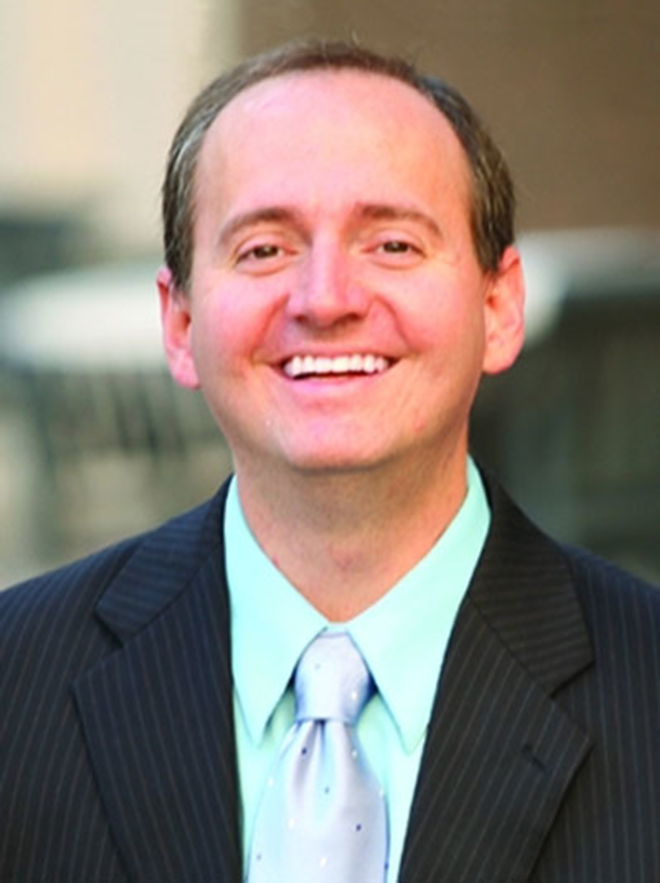
I spent nine years on the other side of the fence from journalism, running more than 100 campaigns. Having spent all that time in the belly of the beast before escaping, more or less intact, I'm often asked: How would you make it better?
With Tampa and Pinellas municipal elections bearing down on us, it seemed like an apt time to offer some answers.
I solicited ideas from people involved in Florida politics, getting about a dozen responses from elected officials to activists. I was surprised by how many repeated the same desired changes and how many of those ideas crossed party lines.
I boiled the suggestions down to the 10 political fixes in the list that follows.
Some great ideas didn't make the cut, either because they were impossible to execute or are heading for passage. By far, the most popular was to require a paper trail for voting. Gov. Charlie Crist beat us to the punch, calling on the Legislature to spend $32 million to install optical-scan paper ballots in the handful of Florida counties (including Sarasota, Pinellas and Hillsborough) where touch-screen machines are now used.
Two other frequent suggestions didn't make the list, either.
Take the top priority of Birgit Van Hout of Community Tampa Bay: "Outlaw negative campaigning." Almost everyone agreed with this sentiment, but the courts would never allow interference with the content of speech (unless it's libelous or unless you want to yell "fire" in a crowded movie theater).
Public financing of elections? This was probably the second-most cited on everyone's wish list. It's a problematic move in that it shifts the responsibility for campaign expenses to taxpayers, and there doesn't seem to be much sentiment in Florida for it. But the change has been instituted in parts of the U.S., according to the clean elections advocacy group Public Campaign (publicampaign.org). Three states — Arizona, Connecticut and Maine — give full public financing for all of their legislative and state campaigns. Two cities, Portland, Ore., and Albuquerque, N.M., have also gone this route.
These great ideas aside, here are the 10 that made the cut, in no particular order:
1 Nonpartisan races for county elections
The problem: Highways, potholes and public safety aren't partisan issues, so why shouldn't the officeholders in charge of these matters be non-partisan, too? That's the question being raised by opponents of partisan county elections. Plus, removing party designations from the ballot would take the visible element of partisanship out of such offices as the supervisor of elections, who is supposed to do the job without regard for political party.
Why make the change? "So we elect moderate people interested in solving county problems vs. pursuing pure politics," said Deanne Roberts, a Tampa advertising company owner active in civic and business affairs. Making the races nonpartisan would allow all voters to choose among all county candidates, and it would force voters to learn more about a candidate than just the letter after his or her name.
How it could be done: Change the county charters. For those counties with home-rule charters (Pinellas, Hillsborough and Sarasota), the change could be made through a referendum, either by a supermajority of the County Commission putting it on the ballot, citizen initiatives or placement by a charter review board. Each county's rules are slightly different on the methods. Counties that do not have home rule, such as Manatee, would need state legislation to amend their charters.
Status: Unlikely, given the control political parties have over the majority members on the county commissions. But there is hope: In 2002, Polk County voters made all of their county offices (such as sheriff, property appraiser and clerk of the courts) except county commissioner nonpartisan. Orlando-Orange County has had nonpartisan local races for years.
2 Same-day reporting of campaign contributions and expenditures
The problem: Politicians (and political parties) have to reveal who gives them money and where they spend it. But they only have to do so every three months during most of the year, and their final reports almost always arrive at the elections office too late to be considered by voters. Many politicians use this loophole to hide money from unpopular sources (such as developers or other special interests) or to shield how they spent it.
Why make the change? To eliminate the archaic lag in campaign finance reporting. That's a priority for Susan MacManus, a University of South Florida political science professor. She wants "complete transparency of campaign contributions (and expenditures) in real time. My pet peeve is the quarterly nature of such reports, which makes it impossible to discern 'who gave it and who got it' information in the very critical quarter immediately prior to the election." Politicians might have to think twice before taking a check from someone seeking legislation from them if they know they will have to go back to the office and put it on the Internet that night.















